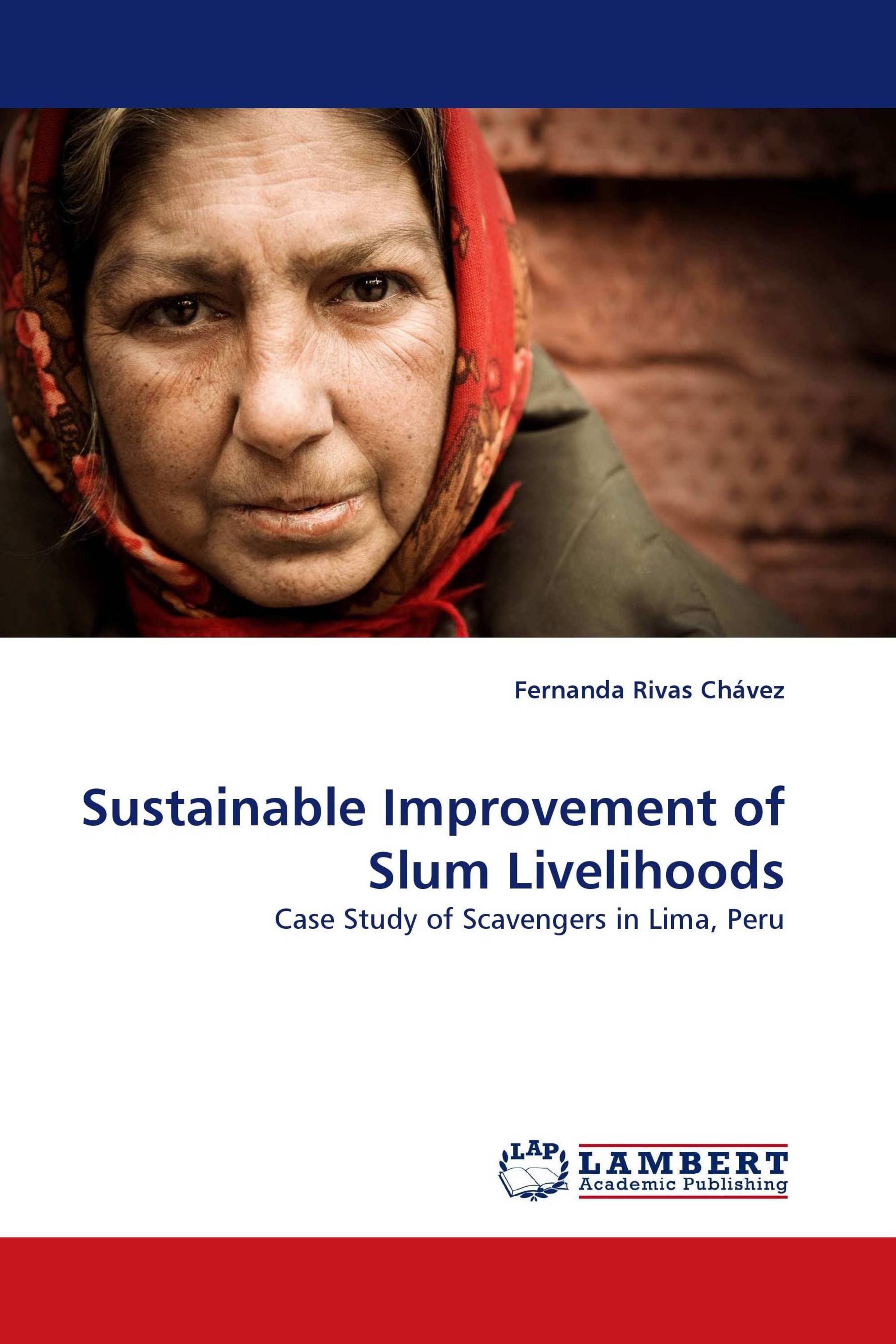Sustainable Improvement of Slum Livelihoods
Case Study of Scavengers in Lima, Peru
LAP Lambert Academic Publishing ( 2011-01-28 )
€ 49,00
What is more damaging for our environment: being poor or being rich? Are the people who live in the worst areas of our cities better or worse off than those who live in rural areas? Globally, how many of the city-people are actually slum dwellers? Can they help protect the environment? Is it possible to improve their lives? Scavenging refers to rummaging through trash in search of specific waste for its reuse. Scavenging is a worldwide and ancient phenomenon and their daily and intimate contact with our waste, makes them undesirable, repressed and prosecuted; most live in slums. However, several researchers have shown that scavenging is vital for the recycling of materials in most of the developing world, saving energy, raw materials and a horde of associated environmental impacts. This work analyzes the phenomena of urban poverty, slums, slum livelihood and sustainability. The researcher traveled to Lima, Peru to learn the life of scavengers and meet those who try to improve it... and those who don't. In the end a single question: what are some of the key social conditions that enable the sustainable improvement of livelihoods in slums? Some answers inside...
Book Details: |
|
|
ISBN-13: |
978-3-8443-0075-8 |
|
ISBN-10: |
3844300759 |
|
EAN: |
9783844300758 |
|
Book language: |
English |
|
By (author) : |
Fernanda Rivas Chávez |
|
Number of pages: |
108 |
|
Published on: |
2011-01-28 |
|
Category: |
Social structural research |




